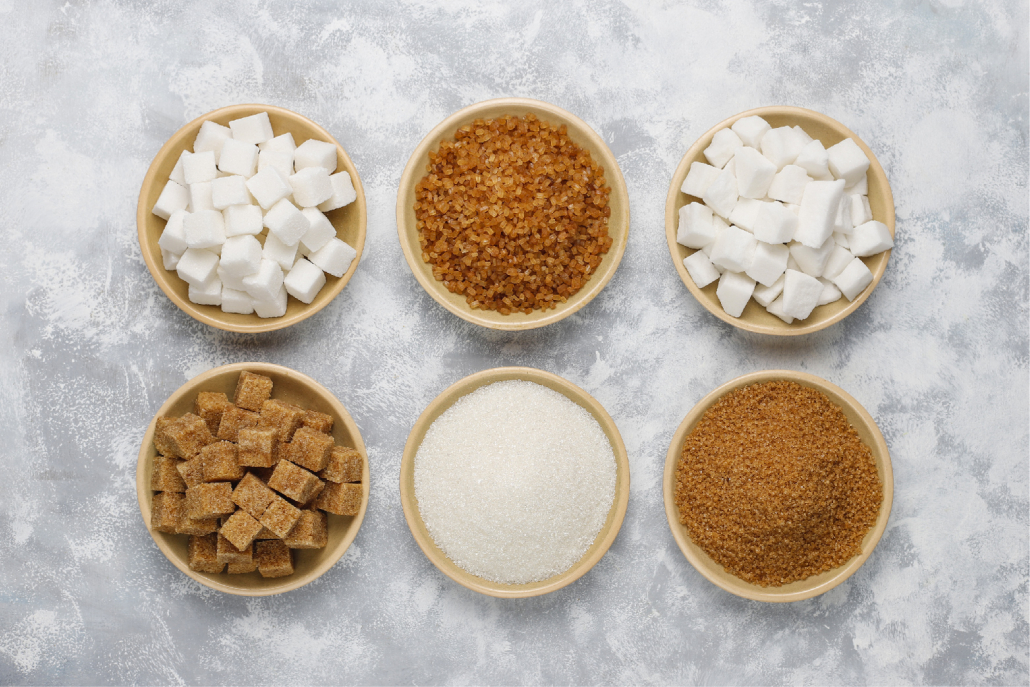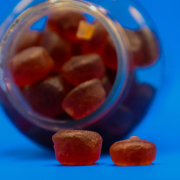Q&A: Why is sugar bad?

Q: Why is sugar so bad for us, and why is it so hard to avoid?
A: First, let’s redefine “bad”. Sugar, or glucose, is not “bad” for us—in fact, it is an essential form of energy for the cells of our brain and body. Our tongue even has a specific taste bud allocated to finding it for our survival. The problem with sugar is when it’s added in addition to naturally occurring sugars. This “added-sugar” is so prevalent in our manufactured food that we are taking in way too much, way too often. Let’s shed some light on “too much”; in the year 1700, the average amount of sugar intake, including natural sugars, was approximately 4lbs per person annually. That like two nalgenes full of sugar. In the year 1800, sugar cane plantations made it more available than just to the wealthy, and the average increased to 18lbs. By 1900 it was around 40lbs per person per year. Today? Depending on the study you read, the American consumes between 60 and 150lbs per adult annually! That’s like a wheelbarrow full of sugar…
This number is so high because sugar is now added to everything. The American Heart Association has put out a recommendation to limit added-sugar to no more than 9 teaspoons (150 calories) of added-sugar per day for men, and 6 teaspoons (25 grams or 100 calories) for women. That gets immediately allocated with just one 12oz can of soda. Forget the fat-free salad dressing or ketchep for our french fries or vanilla yogurt that all have equal amounts of sugar. Today, almost everything that has been prepared for us has sugar added to enhance flavor or shelf-life.
To be fair, a vast amount of our food contains natural sugars. The obvious is fruit. The less obvious, however—starchy “simple carbs” like pasta, white rice, bread, crackers, and so on. The starch in these carbohydrates is a carbon chain of sugar molecules that is broken down into blood sugar by the amalayse in our saliva. By the time these foods are broken down they aren’t much different than table sugar.
But there’s a massive difference between whole natural sources of sugar like fruit or fiber covered carbohydrates like whole grains and the sugar added to soda. These natural sources of sugar come with an added benefit of fiber, which helps us avoid the ‘sugar bomb’ by slowing down the digestion of sugar, which avoids a blood sugar spike and the consequential insulin spike which leads to insulin resistance the main cause of type 2 diabetes. So, this leaves us with added-sugar and simple carbs as leading causes why Harvard labeled sugar as one of the greatest threats to our cardiovascular health.
Some other negative health symptoms from eating too much sugar or simple carbs are:
– Premature aging as sugar can damage skin proteins, collagen, and elastin leading to premature wrinkles.
– Increased inflammation, weakened immune and hormonal imbalance as undesirable gut bacteria and yeasts that live off sugar out-compete our fiber eating positive flora communities.
– Constant cravings are a part of the dopamine reward system that our brain has been wired for survival. The Food industry capitalizes on the addictive quality of sugar in processed food.
– Inconsistent energy levels as our pancreas manages the sugar bomb with insulin and we experience an energy spike followed by a drop and crash.
– Bloating from sugar bugs off-gassing and of course belly fat
– Diseases like Heart and Cardiovascular disease, Fatty Liver, and Diabetes
To avoid excess sugar intake, avoid the top processed food sources; soda, energy drinks, sports drinks and fruit juices, grain- and dairy-based desserts. But be aware that even ketchup has as much added sugar per gram as a soda!
To add to the fact that sugar is now present in nearly everything we eat, it also elicits a dopamine response when consumed. Dopamine is a feel-good hormone, so we can actually get addicted to sugar because of the chemical response it causes. To work with dopamine-driven sugar cravings, employ mindfulness moments to ask the following questions before reaching into the fridge:
- “Is this really what I need right now (or is it a want)?
- what am I feeling?
- what am I thinking?
- what do I really need right now (if I feel, exhausted, bored, overworked, lonely, sad, etc)? Perhaps a glass of water or a crisp apple and a few nuts could meet my hunger and energy needs while connecting with a close friend could help on the emotional side.
We hope this article helps you curb your sugar intake!
What is Mountain Trek?
Mountain Trek is the health reset you’ve been looking for. Our award-winning hiking-based health retreat, immersed in the lush nature of British Columbia, will help you unplug, recharge, and roll back years of stress, anxiety, and unhealthy habits. To learn more about the retreat, and how we can help you reset your health, please email us at info@mountaintrek.com or reach out below:











